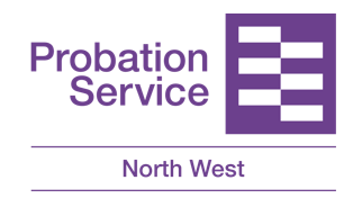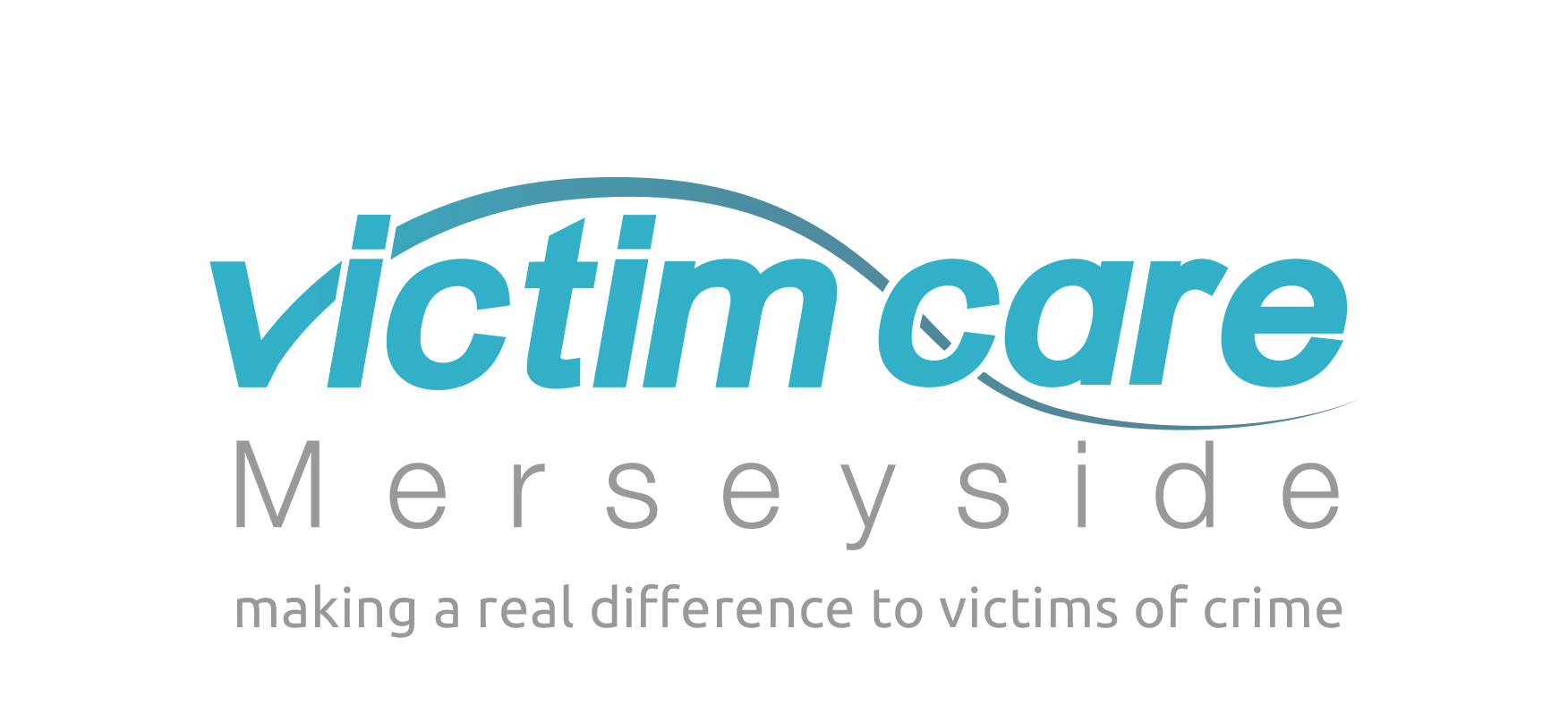What are Restorative Justice preparation meetings?
Posted on: 14th, March 2024
Preparation meetings are an important part of Restorative Justice, when trained facilitators can identify the specifics of what an individual wants and expects from their participation in the process.
What do participants want to say?
Often, victims and offenders who have self-referred might have some idea of what they want to say, or how they want to say it - this could be in a face-to-face conversation, or indirectly via phone call, letter, video call or other means. Preparation meetings can help participants articulate their thoughts, and consider the practicalities of what they want to do. There might also be other aspects of the restorative process that parties hadn't considered that these meetings raise. For example, does the victim want a response from the offender? What form would they like that response to take? Is there anything that they would like the response to particularly address?
How long does preparing for a Restorative Justice meeting take?
Sometimes, not many preparation meetings are needed in order for a restorative meeting to take place. A recent face-to-face conference between a victim and offender took a matter of weeks because the offender was able to offer everything that the victim needed, and since little risk was foreseen, the meeting went ahead relatively quickly.
Other cases may need more preparation meetings. Perhaps the mental health of a participant means that they might need extra help or support to get to a place where they are ready to undertake the restorative process. Facilitators proceed with particular caution, and a trauma informed approach in order to ensure further harm is not caused. In a recent case of robbery, both parties were keen to meet each other, but both had mental health issues. This meant that when the victim was ready, the offender was not, and when the offender was ready, the victim was not. The case took four years to get to a point where both parties could meet. There is no "one size fits all approach" - it depends entirely on the readiness of the parties. There can also be occasions where a case has needed to pause due to external factors.
Preparation meetings can take a long time because, when an offence happens, both parties can have a different narrative about what took place, and why. It can be difficult for participants to unpick that narrative, and hear someone else's version of events. In some instances, this doesn't particularly matter (such as if a victim wants to explain the harm that has been caused by an offender's actions) whereas sometimes it can be crucial (if a victim wants specific answers to specific questions).
Preparing for what could be said
Preparation meetings also are a way of helping all parties ensure that they are ready for whatever response comes back, whether the answer is expected or not. In one robbery case, the victim was held at gunpoint - an incredibly traumatic experience for him. He noted, "I needed to know whether they would have fired it. That was all I could think of for ages after it happened…how much danger had I actually been in? I can't even properly explain why I needed to know, but it was all I could focus on. The facilitators working with me spent time helping me be prepared for every eventuality, in a way I hadn't considered. It took a while, but we got to a stage where - whatever the answer was - I was ready for it, I was supported, and I was calm."
Likewise, information may come out during the preparation meetings which might be difficult for either party to hear, so facilitators spend time ensuring the information can be delivered and received in a suitable manner.
The goal of preparation meetings is that when both parties come together, directly or indirectly, they feel prepared for what they're about to hear. If you have been involved in a crime and think Restorative Justice could be right for you, please get in touch.






